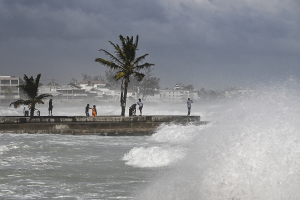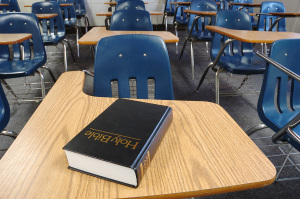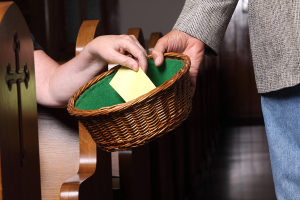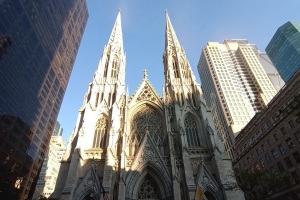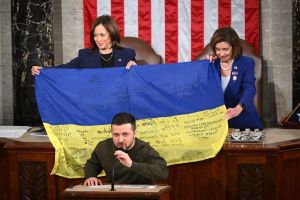'A new low': World reacts after Hong Kong arrests 90-year-old Cardinal Joseph Zen
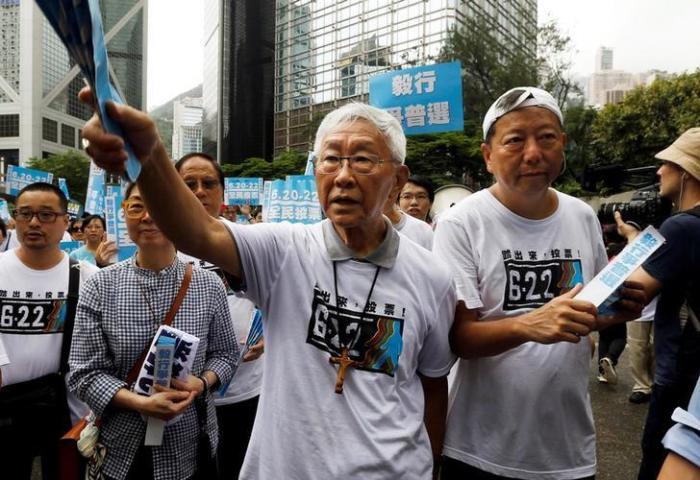
Hong Kong’s national security police arrested 90-year-old Cardinal Joseph Zen under its national security law for his role in a now-defunct humanitarian relief organization that helped people who participated in the large-scale 2019 pro-democracy protests.
Zen was arrested Wednesday, along with other trustees of the 612 Humanitarian Relief Fund, which helped protesters legally and financially. According to Hong Kong Free Press, others arrested include Cantopop singer and actor Denise Ho, ex-legislator Margaret Ng and academic Hui Po Keung.
They were accused of colluding with foreign forces. If found guilty, they could face life in prison.
“The Holy See has learnt the news of Cardinal Zen’s arrest with concern and is following the development of the situation very closely,” the Vatican said in a statement.
Cardinal Zen, a former bishop of Hong Kong and critic of China’s communist government, fled Shanghai for Hong Kong about seven decades ago after the communists took over China.
The Catholic Diocese of Hong Kong is also “extremely concerned about the condition and safety of Cardinal Joseph Zen.”
“We urge the Hong Kong Police and the judicial authorities to handle Cardinal Zen’s case in accordance with justice,” the Diocese said.
The arrests have drawn scrutiny from several international bodies and figures, including pastors and former and current U.S. lawmakers and government officials.
The U.S. Congressional-Executive Commission on China said in a statement that the arrests are part of the "Hong Kong government’s effort to dismantle the institutions safeguarding the rule of law and human rights of the Hong Kong people as it has systematically targeted civil society groups, threatening them with criminal investigation and prosecution under the pretext of national security."
"The arrests of Hui Po-keung, Cardinal Joseph Zen Ze-kiun, Margaret Ng Ngoi-ye, Denise Ho Wan-see; and Cyd Ho Sau-lan should be condemned by all freedom-loving people, including the global businesses that have made Hong Kong home," read a joint statement from co-chairs Sen. Jeff Merkley, D-Ore., and Rep. James P. McGovern, D-Mass.
California Pastor Samuel Rodriguez, the president of the National Hispanic Christian Leadership Conference, said in a statement that the "breach of liberty" is "what happens when totalitarianism infects a nation."
"Leaders everywhere must condemn the actions of the CCP immediately and advocate for the release of those imprisoned," Rodriguez said. "This gross violation of human rights must serve as a wake-up call to societies and governments everywhere. We will not stand idly by as big government attempts to strip people of their God-given freedoms.”
Sam Brownback, the former U.S. ambassador-at-large for international religious freedom, said the Chinese Communist Party has "sunk to a new low."
"It is outrageous," Brownback, the former senator and governor of Kansas, tweeted. "China's leadership should be sanctioned immediately for their wanton disregard of the rule of law and basic civil liberties."
The U.S.-based group Victims of Communism Memorial Foundation called Zen's arrest a "violation of basic human rights."
The group's president and CEO, Andrew Bremberg, who served as the U.S. representative to the European Office of the United Nations during the Trump administration, called for the "unconditional release from all charges and detention of Cardinal Zen, Jimmy Lai, and all political prisoners who have been victimized under Hong Kong’s draconian policies.”
Katrina Lantos Swett, former chair of the U.S. Commission on International Religious Freedom, called the arrest outrageous.
“China’s use of its draconian National Security Law against Cardinal Zen in #HongKong is absolutely outrageous, and we should all be incredibly concerned at the thought that religious leaders are now becoming targets of the CCP’s brutal crackdown,” she wrote on Twitter.
The International Religious Freedom Summit 2022, which will bring together religious freedom advocates worldwide in Washington, D.C., from June 28 to June 30, called the arrest "shameful" and "troubling."
The organizers said in a tweet that the arrests are “a deeply troubling development in China’s ongoing crackdown on advocates of democracy and now, apparently, on religious leaders.”
Hong Kong’s national security law imposed by China has four categories of crimes: succession, subversion of state power, local terrorist activities and collaborating with foreign or external foreign forces to endanger national security.
“The law also positions Beijing as over the Hong Kong judicial system in cases deemed related to national security,” the U.S.-based group China Aid reported. “This means that the judges in these cases must be Beijing-approved. Hong Kong residents can now also be taken to China, where they will face a courtroom with allegiance to the government.”
In 1997, China had agreed to a “one country, two systems” arrangement to allow certain freedoms for Hong Kong when it received the city back from British control. Critics contend the security law undercuts the promised autonomy.
















